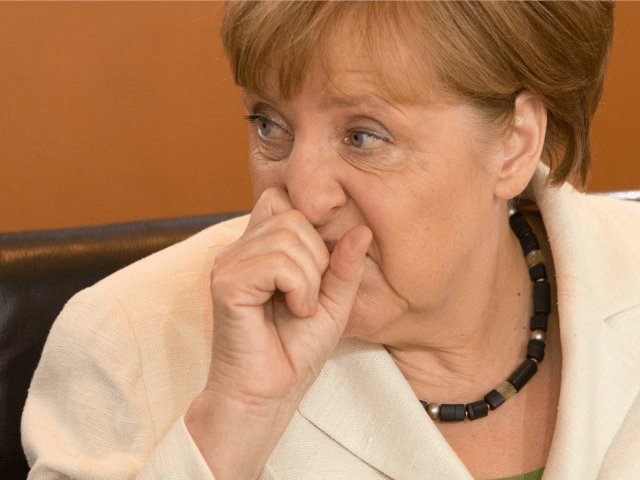Mary Dejevsky writes in the Independent:
There were flickers of an idea, in the immediate aftershock of the Brexit vote, that a second referendum might soften, or even reverse, the separation of the UK from the European Union. It should now be clear, both from the response of EU leaders and from the statements of intention by all five candidates for the Conservative Party leadership, that there is no going back. At least not in the near future, and not on the same privileged terms as the UK currently enjoys.
Even the compromise models of semi-detachment – Norway and Switzerland – that would leave the UK as a member of the European Economic Area (EEA), but not the EU, have been effectively rejected because they presuppose “free movement”. It would be to fly in the face of the vote to accept essentially the same terms the UK has now, but without a seat at the decision-making table.
More to the point, there is no sign whatsoever that an EEA deal minus free movement would be on offer from the EU, both because of the risk of “contagion” – other countries seeking referendums on membership and special deals – and because the UK was already, to an extent, semi-detached in not being a member of either the Schengen zone or the euro. This special status is one reason why the immediate impact of the UK’s departure on the European Union may be less, as seen from Brussels, than from London. The UK was never a full member of the club, either for economic or security purposes.
The UK’s financial contribution, as the EU’s second largest economy, will be missed – but not as much as it would have been without the Thatcher rebate. And when the chips were really down and the EU needed funds to help bail out first Ireland and then Greece, the UK preferred to work through the International Monetary Fund (IMF) so as to avoid the danger, for domestic politics, of appearing to share liability for improvident euro economies. The same would be possible again, if a post-Brexit UK saw it as being in its interests to fend off the collapse of the euro, which is not impossible, given the likely continuation of euro-denominated trade.
Read more in the Independent

COMMENTS
Please let us know if you're having issues with commenting.